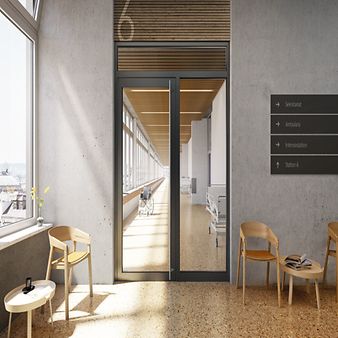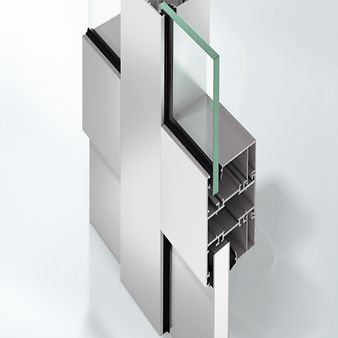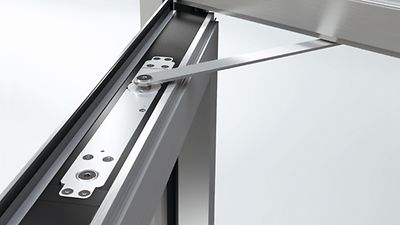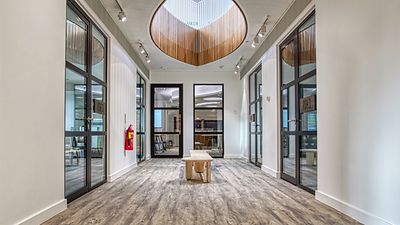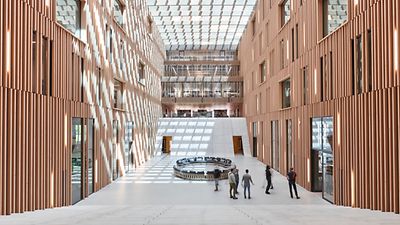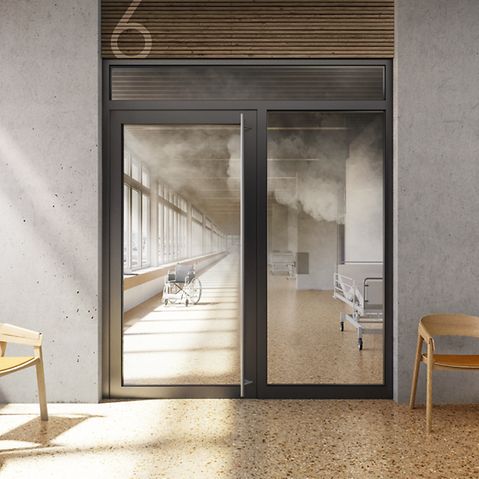
Smoke doors
An overlooked danger: How smoke protection can save lives
It only takes a few breaths for people to find themselves in deadly danger. Fire is accompanied by poisonous combustion gases which if inhaled can lead to a loss of consciousness and death. Every year, more people die in fires through smoke inhalation than the flames themselves. Combustion gases are not always visible and as a result can often spread unnoticed. The danger can be reduced, however, with a comprehensive fire protection concept – which is also legally required for many building types. Smoke doors are a key component of this concept.
